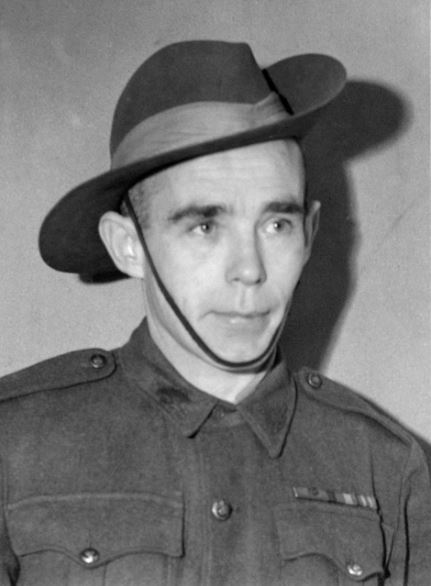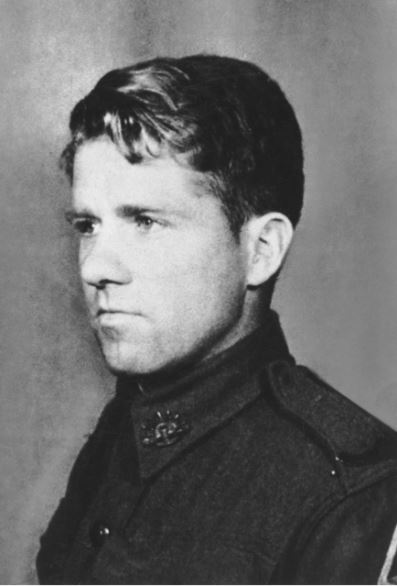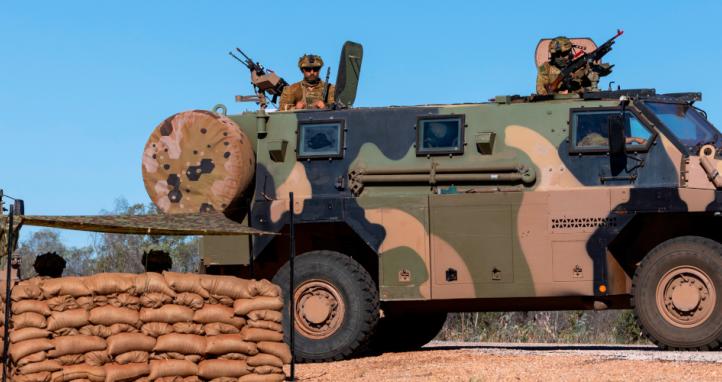Private Richard Kelliher VC (1910 - 1963, 53yo)

Richard Kelliher was born in Ireland on 1 September 1910 and emigrated to Australia in 1929, where he worked a variety of jobs before enlisting in the AIF in February 1941. He was posted to the 2nd/25th Battalion and deployed to the Middle East later that year. After a stint on general duties in Syria, he returned to Australia in early 1942.
Later that year, Kelliher was sent to Papua with his unit. Following a period of illness and recovery from malaria, he returned to action in August 1943, this time with the 2nd/15th Battalion advancing through New Guinea.
On 13 September, during fighting near Heath’s Plantation, his platoon was pinned down by intense machine-gun fire. Acting alone, Kelliher advanced toward the enemy position under fire, throwing grenades to disrupt the defenders. Forced back, he retrieved a Bren gun, closed in to within 30 yards, and took out the post with direct fire. He then risked enemy fire again to rescue his wounded section leader. His bravery under fire earned him the Victoria Cross.
Postwar, Kelliher suffered from recurring malaria but was selected to represent Australia at the 1946 victory parade in London, where he received his medal from King George VI. He died in 1963 from cerebral thrombosis and was buried with military honours at Springvale Cemetery in Victoria.
Private Edward (Ted) Kenna VC (1919 - 2009, 90yo)

Edward Kenna, born in Hamilton, Victoria on 6 July 1919, worked as a plumber before enlisting in the Second AIF in August 1940. Initially posted to the 23rd/21st Battalion, his service path shifted when the unit was dissolved in 1943, leading to his reassignment to the 2nd/4th Battalion. He deployed to New Guinea in late 1944 during the final stages of the Pacific campaign.
Kenna’s defining moment came near Wewak on 15 May 1945. When a pair of Australian sections came under withering machine-gun fire, halting their advance, Kenna took it upon himself to break the deadlock. Exposed in open ground and under intense fire, he stood upright and engaged the enemy with a Bren gun and rifle, exchanging fire at close range with gunners just fifty metres away. Incredibly, despite rounds slicing the air around him, he remained unscathed. His bold action silenced the enemy post and allowed the attack to proceed. For his exceptional courage, he received the Victoria Cross.
Three weeks later, Kenna sustained a gunshot wound to the face and spent over a year recovering in hospital. Discharged in 1946, he returned to his hometown where he remained a well-known figure in the veteran community. He passed away on 16 July 2009 in Hamilton and was honoured with a state funeral in Melbourne.
Last Reviewed 06/2025









